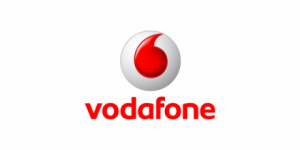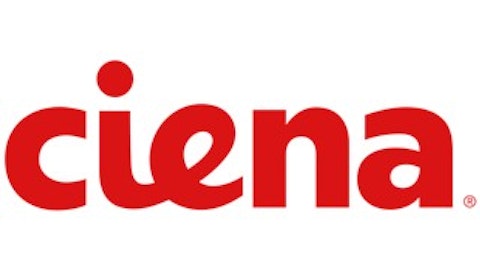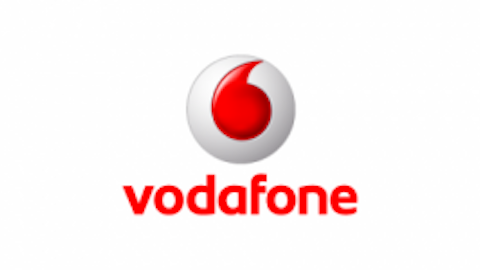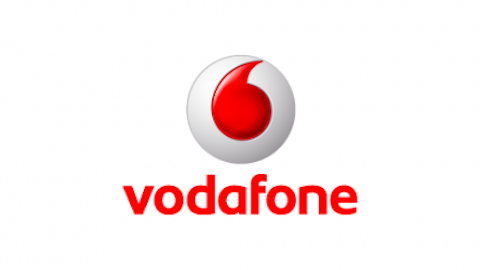Telecommunication devices have been woven into our society and became a necessity. Our cellphones now let us use features like email, texting, Facebooking, and that old novelty of calling people. People are not necessarily addicted to their phones, but to the instant access to others and information. This need to constantly be connected bodes well for the future of the companies that charge us a toll to access the data that we crave: the telecom giants.
The big players

Verizon Communications Inc. (NYSE:VZ) values the wireless business at nearly $100 billion, but Vodafone Group Plc (ADR) (NASDAQ:VOD) sees the company worth nearly 20% more, and that translates into an additional $20 billion. Verizon’s business model and size would allow it to absorb such an amount, since its business is annuity-like and it has one of the best mobile and data networks in the country. Adding an additional $20 billion to the balance sheet would put it in a more inflexible position compared to its largest rival AT&T Inc. (NYSE:T).
When the next wireless technology rolls out AT&T Inc. (NYSE:T) will have better financing opportunities than Verizon Communications Inc. (NYSE:VZ), but when you’re as big a player as Verizon is, this still shouldn’t pose a problem. Vodafone Group Plc (ADR) (NASDAQ:VOD) stated that if it accepted Verizon’s offer the UK company would be on the hook for billions in capital gains taxes, and that is a tax bill Vodafone Group Plc (ADR) (NASDAQ:VOD) does not want to foot.
Battling subsidies
Both Verizon Communications Inc. (NYSE:VZ) and AT&T have been subsidizing billions of dollars to cell phone makers over the years to bring the initial sticker price of a cell phone within reach of most Americans. Both AT&T and Verizon have seen improving margins as their customers have been keeping their phones longer, reducing the frequency of these subsidy payouts.
AT&T and Verizon Communications Inc. (NYSE:VZ) subsidies have been one of the reasons that smartphone penetration is over 50% in the US and companies like Apple Inc. (NASDAQ:AAPL) have become some of the most valuable companies in the world. If these subsidies are slowly phased out or reduced we will see more people looking to purchase older models, and this shift is already happening. As we saw from Verizon’s latest conference call, they saw a larger percentage of people purchased the 4S when the iPhone 5 came out than people buying the 4 when the 4S came out.
This trend could be troubling for manufacturers like Samsung and Apple Inc. (NASDAQ:AAPL), but it is good news for carriers who have been dolling out billions of dollars on behalf of their customers.
Financial fortitude
Ma Bell and Big Red also have some impressive dividend yields while paying out a reasonable level of free cash flow to support it. Verizon pays out 51% of its free cash flow, including its portion of earnings from Verizon Wireless, and AT&T pays out 53%. This means that AT&T and Verizon are free to do with the rest of their cash what they want. In 2012 AT&T used some of that cash and debt that it issued near 2% to repurchase shares that have a yield of 5%. By converting that equity into debt, AT&T is able to save over $770 million per year in dividends that don’t have to be paid out again. This amount will continue to grow as AT&T raises its dividend in the years to come.





